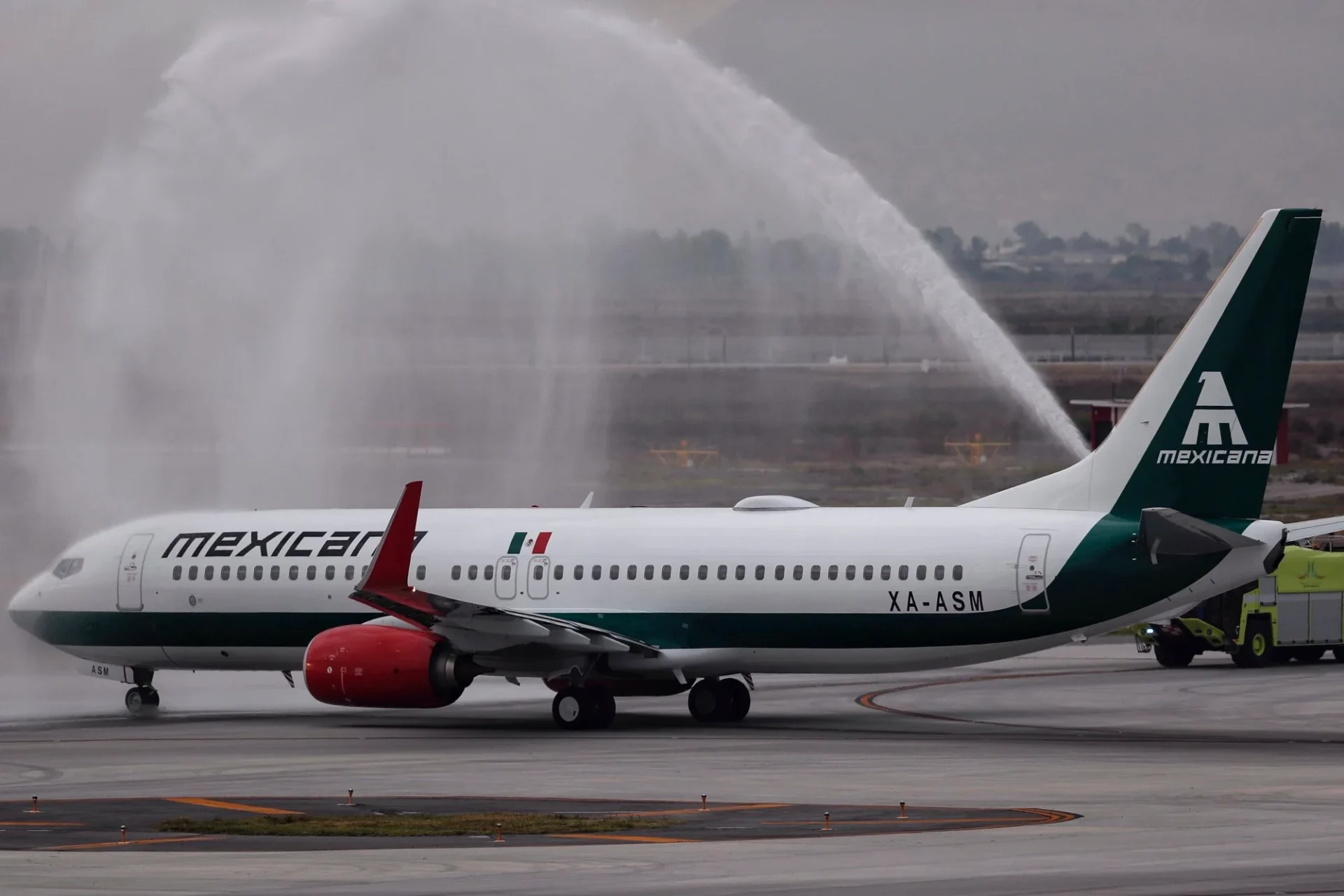On Tuesday, Mexico witnessed a significant milestone in its aviation history as Mexicana, the newly relaunched airline operated by the country’s armed forces, embarked on its inaugural flight from Mexico City to the picturesque Caribbean resort of Tulum. This event underscores President Andrés Manuel López Obrador‘s strategy of assigning an expanded role to the military in various sectors, including aviation, airport management, hotels, trains, customs services, and tourist parks.
General Luís Cresencio Sandoval, Mexico’s Defence Secretary, highlighted the commonality of military involvement in diverse businesses in some developed nations, though it remains a rarity with only a handful of countries like Cuba, Sri Lanka, Argentina, and Colombia having military-run airlines. These typically are modest in scale, focusing primarily on domestic routes with limited reach.
In contrast, Mexicana aims to serve a broader spectrum by ferrying tourists from major Mexican cities to popular destinations like Cancun, Puerto Vallarta, Los Cabos, Zihuatanejo, Acapulco, and Mazatlan. The flight schedule is primarily concentrated on weekends, with services every three to four days.
The airline’s competitive edge is expected to stem from its pricing strategy. The launch saw the first 425 tickets to Tulum priced at around US$92, a significant discount compared to conventional commercial airlines. Additionally, Mexicana is set to serve 16 regional airports that currently lack substantial flight connectivity.
Despite its military management, Mexicana’s cabin crew on its maiden voyage were civilians, addressing potential passenger concerns about the military nature of the service. The airline currently operates with three Boeing jets and two leased Embraer planes, with plans to expand its fleet in the early part of 2024.
President López Obrador described the launch as a historic and transformative event, marking the rebirth of the erstwhile state-run Mexicana airline, which was privatized, subsequently bankrupted, and ceased operations in 2010. The president’s approach intertwines his reliance on the military, which he views as a bastion of incorruptibility and patriotism, with his yearning for the era of state-dominated enterprises that characterized the Mexican economy before the privatisation wave in the 1980s.
While fully restoring the state-run behemoths of the past may be unfeasible, the administration portrays these new initiatives as steps toward returning Mexico’s economy to a more collectivist era.
This development is part of a broader trend where the military is being entrusted with significant infrastructure projects, including the construction of the Felipe Angeles International Airport in Mexico City and the Tulum airport. Mexicana will play a pivotal role in augmenting traffic at these airports while also supporting the president’s Maya Train tourism project, another military-managed venture designed to link beach resorts and archaeological sites on the Yucatan Peninsula.
The foray of the army into commercial aviation, through a dedicated subsidiary to manage Mexicana, marks a novel chapter in Mexico’s aviation industry, blending military precision with commercial aspirations.
READ MORE:
